Hasselblad lenses with the best sharpness and innovative optics
Hasselblad lenses are popular products made in Sweden. The quality and reliability of this optic have been proven through numerous tests and years. These lenses work great with advanced mirrorless digital cameras and high-res sensors. The Hasselblad line includes a wide range of options to suit the photographers’ needs. You can find models for portraits, a macro lens, a wide-angle lens, and more.
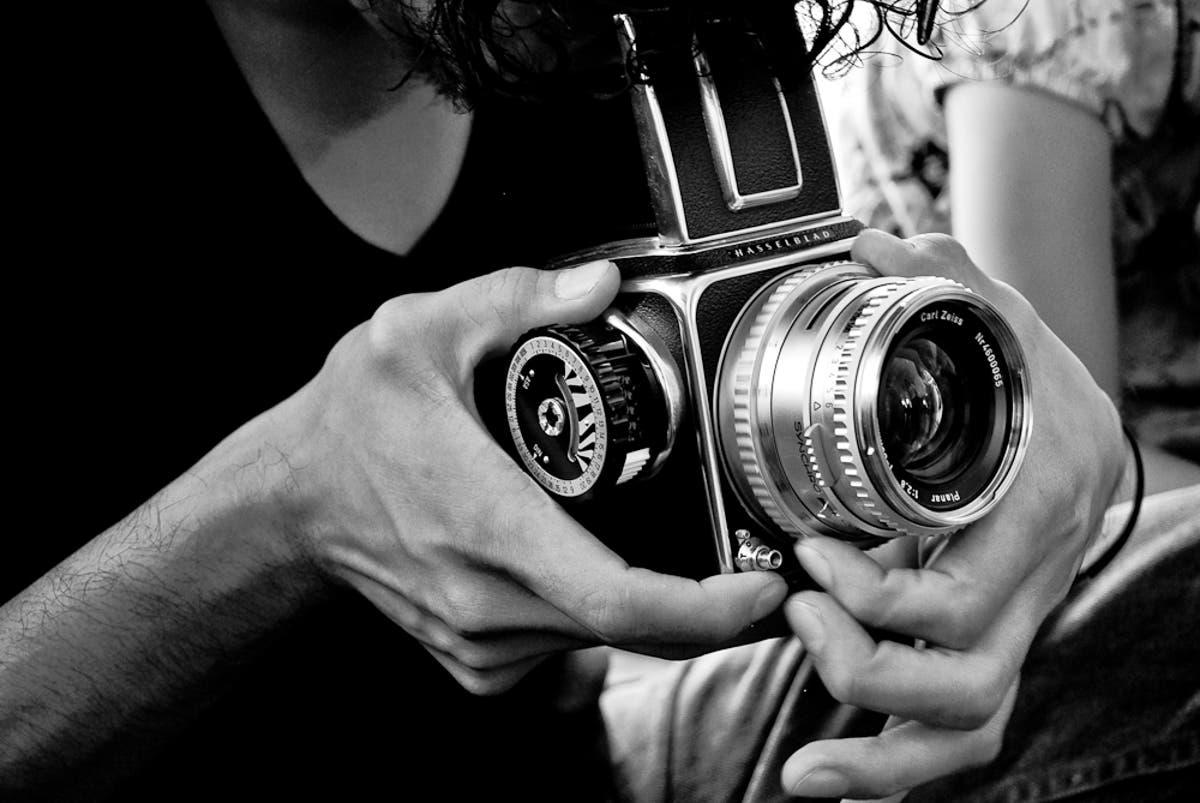
There are 3 product lines on the official website: X system, H system, and V system. The company began a new stage in its history with the release of X System mirrorless medium format cameras. A compact mirrorless body contains a 50MP medium format sensor which provides an outstanding shooting experience. Moreover, its weight is only 650g.
Cameras of this system can be paired with a wide range of compatible XCD lenses. They work well with the high-megapixel sensor. This line includes ultra-wide, wide, macro, and zoom lenses. Here, you will find the perfect lens for portrait, landscape or studio shots.
The high-end H System stands out for stunning picture quality and outstanding resolution with 100 and 400-megapixel options. HC and HCD lenses have been engineered to deliver impressive performance and image quality for both film and digital products. This series is not inferior (and sometimes even ahead) to such lenses as classic Hasselblad/Zeiss or flagship CF 3.5/100 and CF 5.6/250 SA which are considered top options for professional shooters.
V system is the oldest line of the brand. The official website does not offer lenses specifically for cameras from this line. You can use a variety of Hasselblad optics including the traditional V system, such as C and CF style lenses and modern XCD lenses. You can only buy used V system Hasselblad lenses on eBay.
Lenses from a particular system are designed for the cameras from the same system. On the other hand, you can take advantage of the official mount adapters to use the lens you have. With the XPan Lens Adapter, you can mount XPan optics, the XH Lens Adapter allows you to use HC and HCD lenses, and the XV Lens Adapter is perfect for C, CB, CF, CFI, CFE, F and FE-type lenses.
Which lenses for Hasselblad cameras you should choose depends on the type of photography you work in. First of all, consider focal length. For example, wide-angle lenses with 14mm to 35mm focal lengths are suitable for shooting landscapes and architecture. If you're choosing а lens for portraits, opt for models in the 45mm-85mm range. Check the aperture value, especially if you're going to shoot in low-light conditions. Besides, take into account the price.
A prime lens is the best choice to get more brightness to your shots. Plus, they give you more options for customization and fixing shooting errors. A zoom lens is an optimal option for those who want to get as close to the object as possible.
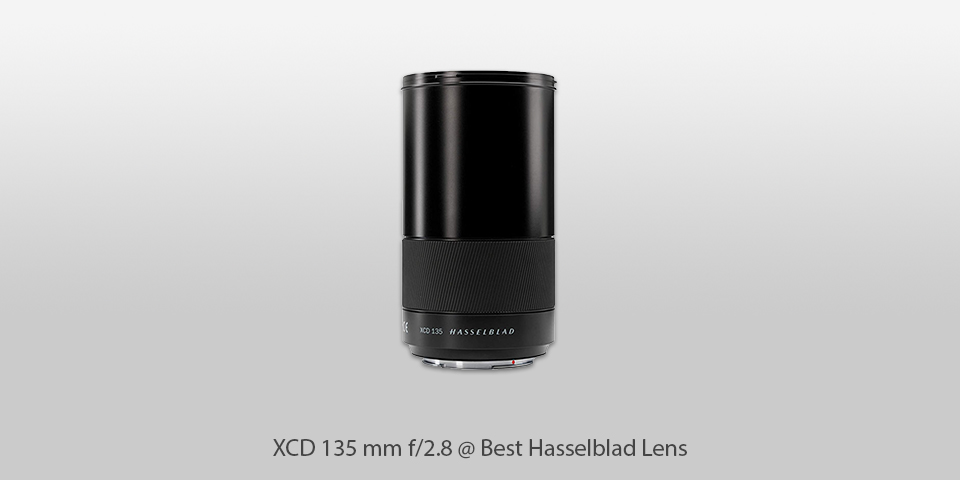
Focal length: 135 mm | Aperture: f/2,8-f/32 | Lens type: telephoto | Flash sync: from 60 minutes to 1/2000s | Photography type: portrait, landscape
This telephoto lens features a 135mm focal length. It works like a 105mm full-frame lens and is a good option for landscape and portrait shooting. As for focusing, you can choose either automatic mode with manual adjustments or manual focus with auto-focus override. By the way, you will find this feature in all Hasselblad XCD lenses.
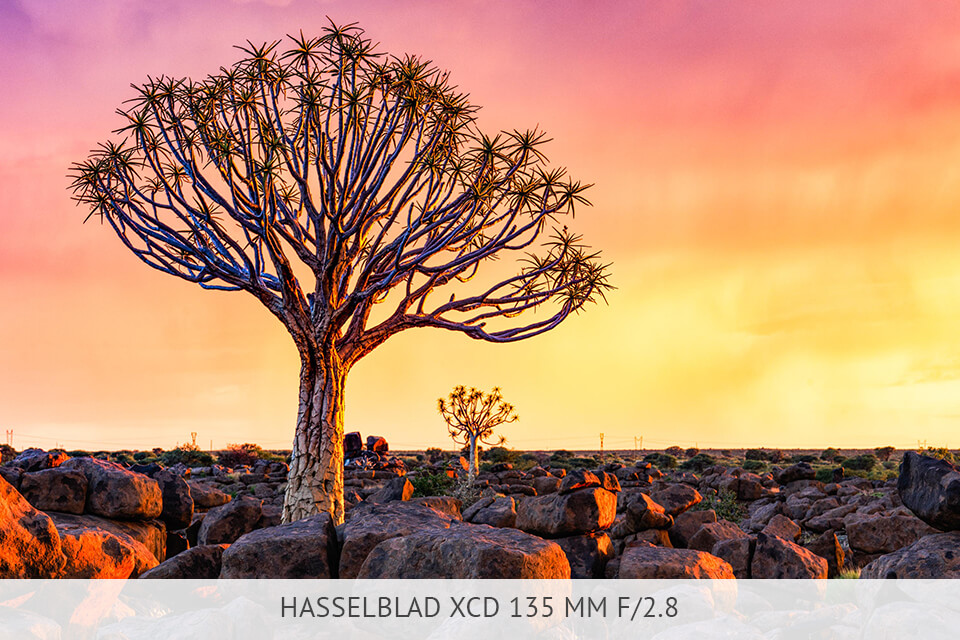
The image quality is also excellent. The lens delivers ultra-sharpness from f/2.8 wide-open and stays sharp until f/16. You can take outstanding close-up shots with the aperture wide open. Taking into account the razor-thin depth of field, I think this lens is extremely sharp from wide-open to f/16.
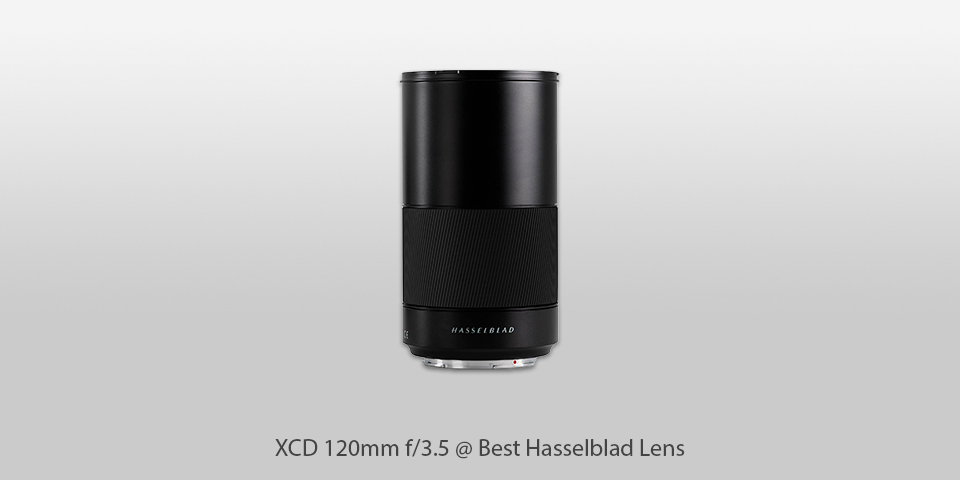
Focal length: 120 mm | Aperture: f/3,5-f/32 | Lens type: macro | Flash sync: up to 1/2000s | Photography type: close-ups, portraits or other photography requiring a longer focal length
This macro photography lens weighs 970g. It has a minimum object distance of 43cm and a maximum reproduction ratio of 1:2.
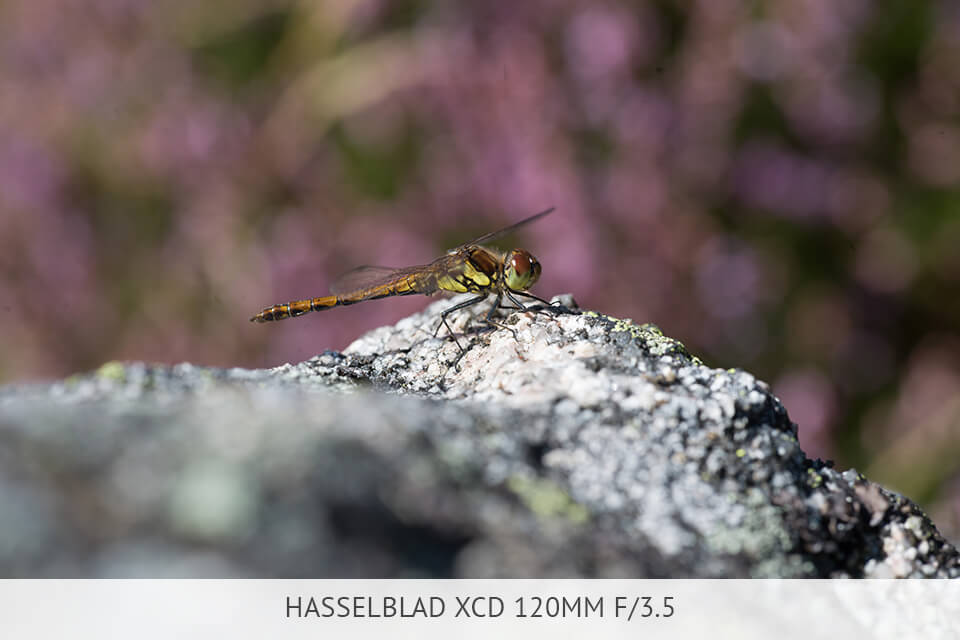
Similar to other Hasselblad lenses from the XCD lineup, it features an integral central shutter providing a broad range of shutter speeds and full flash sync up to 1/2000th of a second.
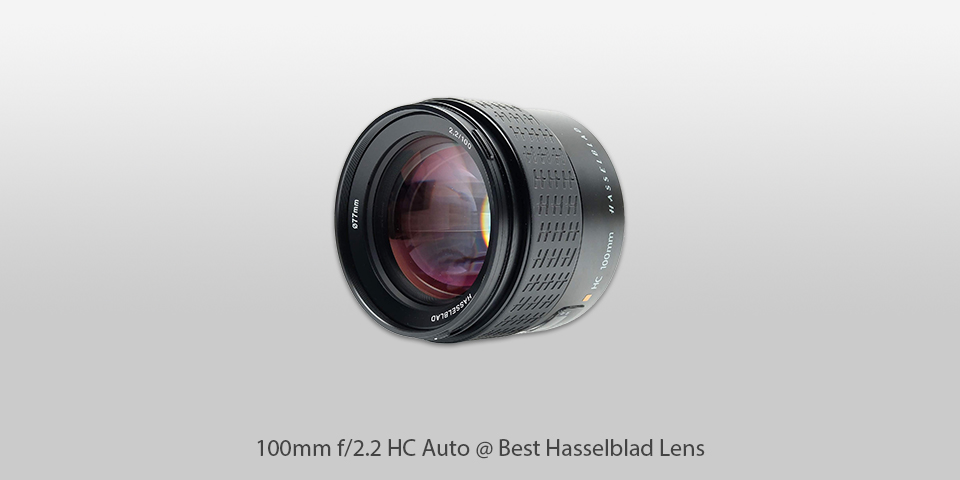
Focal length: 100 mm | Aperture: f/2,2-f/32 | Lens type: autofocus | Flash sync: up to 1/2000s | Photography type: low-light, action shots, portraits
This H system lens comes with an improved shutter unit. As a result, you can take pictures at shutter speeds up to 1/2000 sec. What's more, the flash syncs at all speeds. This lens does a good job while taking portraits, and transcends all expectations when paired with the best cameras for photographing artwork. With its fast f/2.2 maximum aperture, you have great control over the depth of field for delivering selective focus imagery.
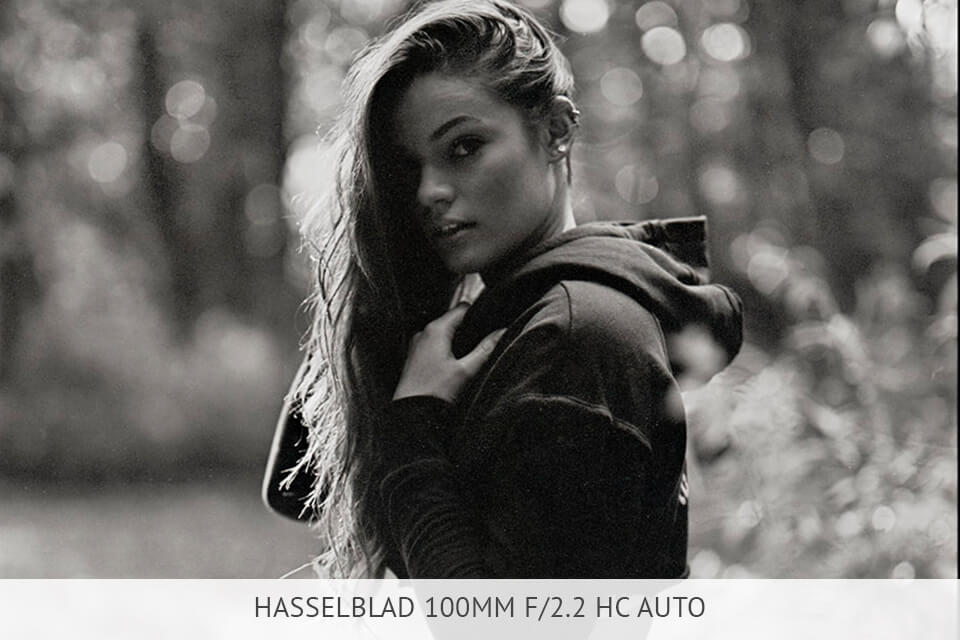
Besides, it performs well in low-light conditions. The lens comes with a full-focusing AF system for fast operation. You can turn off auto-focus to make the necessary adjustments manually.
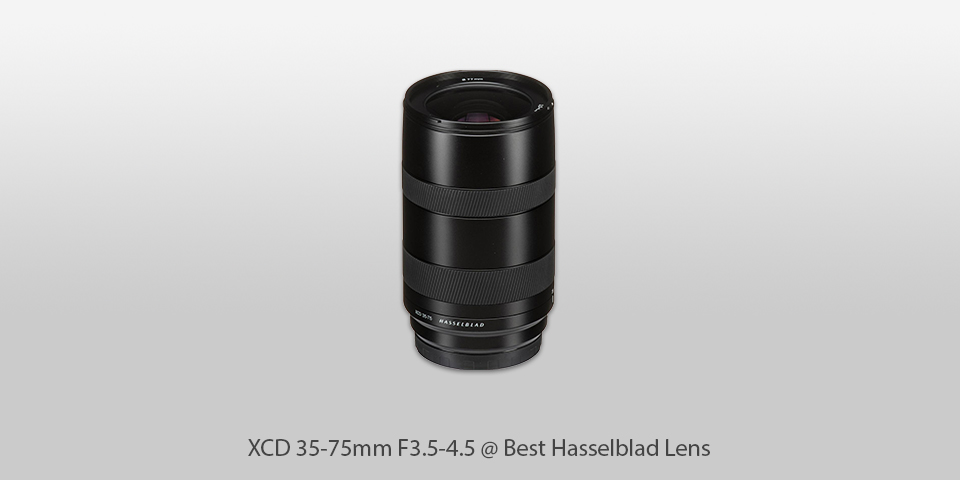
Focal length: 35-75 mm | Aperture: f/3.5-f/32 | Lens type: zoom | Flash sync: from 68 minutes to 1/2000s | Photography type: from wide-angle landscapes to portrait images
This is another worthy option from the Hasselblad XCD lenses series. This universal product can be used for a wide range of shots. It can be your everyday lens for a variety of purposes.
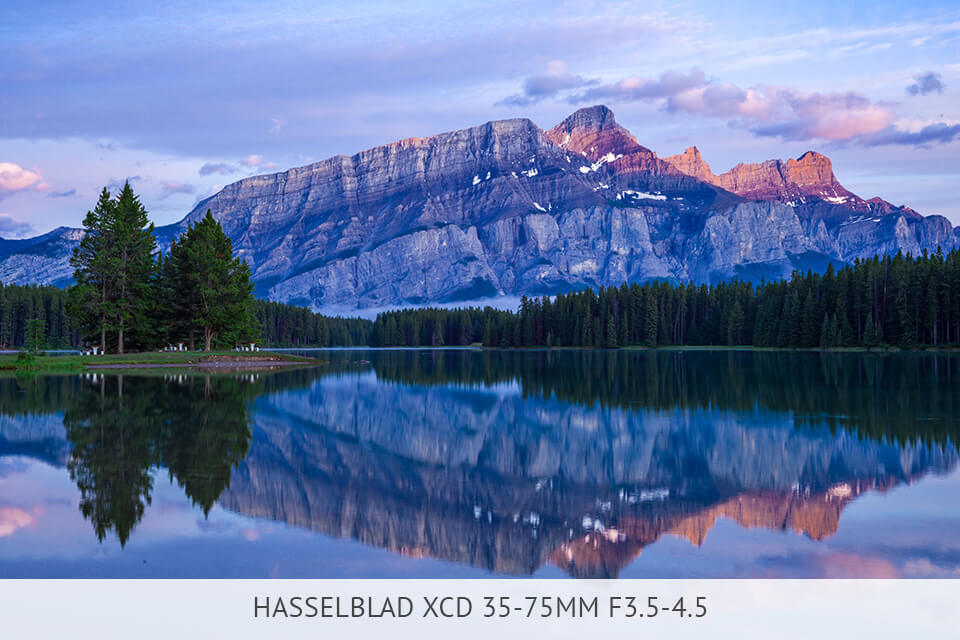
This model has a built-in focusing mechanism for easy control while shooting. On the other hand, the non-constant aperture may seem a bit odd for such a well-designed optic.
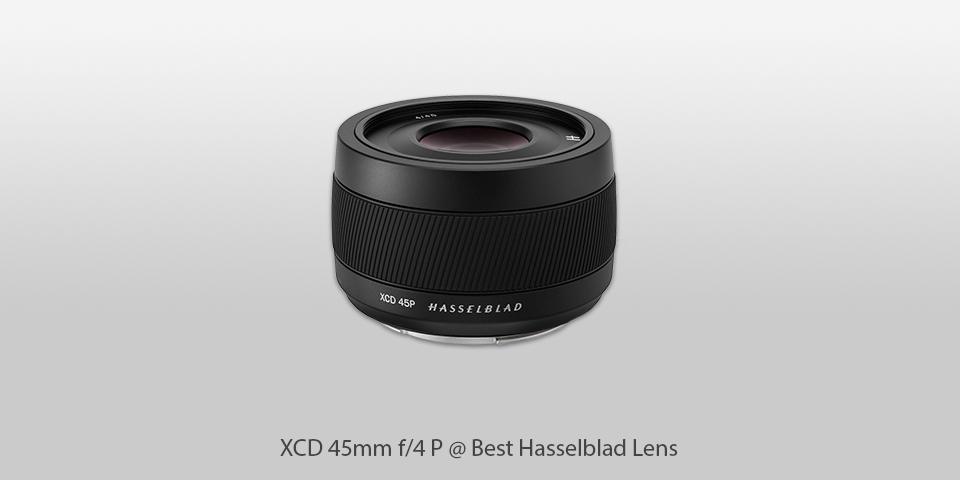
Focal length: 45 mm | Aperture: f/4-f/22 | Lens type: autofocus | Flash sync: from 60 minutes to 1/2000s | Photography type: street, travel
Weighing only 320g, this option is the lightest of the Hasselblad X lenses. Thanks to its small dimensions, it fits perfectly into the compact X1D II body.
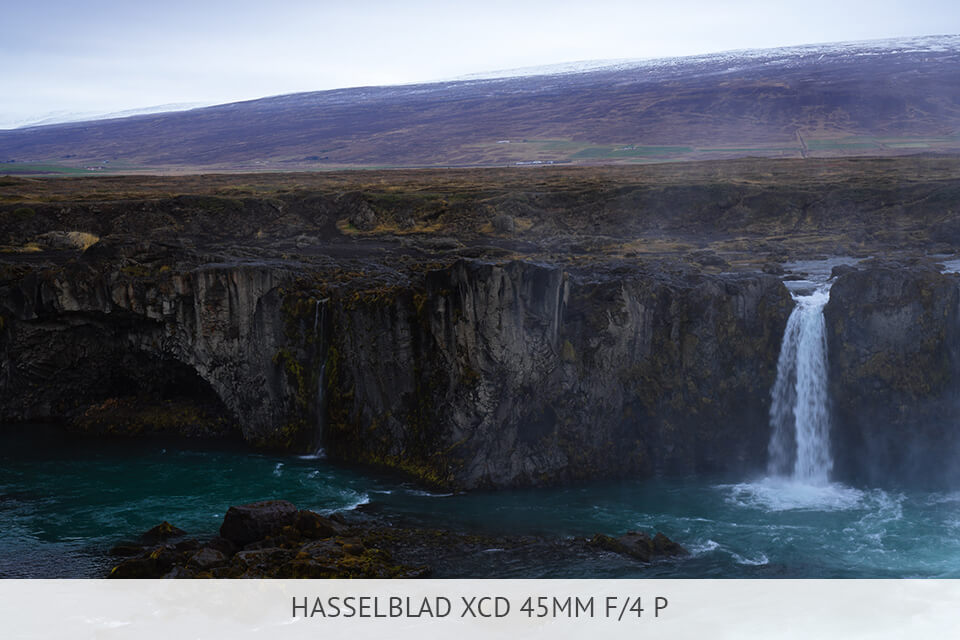
This lens has an internal central shutter delivering an extensive range of shutter speeds and full flash sync up to 1/2000s. You can use this lens for street photography while traveling, as well as for documentary projects, and exploration.
| IMAGE | NAME | FEATURES | |
|---|---|---|---|

|
XCD 135 mm f/2.8
FOR PORTRAITS
|
CHECK PRICE → | |

|
XCD 120mm f/3.5
FOR CLOSE-UPS
|
CHECK PRICE → | |

|
100mm f/2.2 HC Auto
FOR LOW-LIGHT
|
CHECK PRICE → |
When you choose a camera lens, you should keep in mind the requirements of the photography genre you specialize in. One lens is more suitable for portrait pictures, while the other is optimal for landscapes and travel. Also, consider lens compatibility with Hasselblad systems.
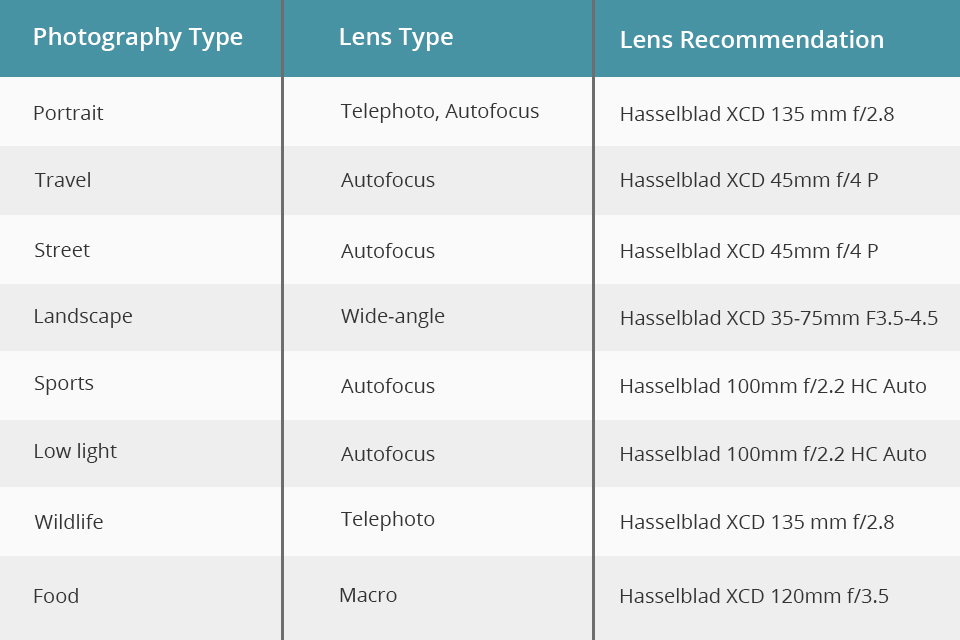
The distance between the sensor and the center of the lens when the object is in focus is called the focal length. It is measured in millimeters. You get wider shots with shorter focal length lenses. If you need a longer zoom, then choose Hasselblad lenses with higher numbers.
You should go for wide-angle lenses if you want to capture more of the frame. 14mm, 20mm, 24mm, 28mm, and 35mm models will suit you. However, to get very close to the subject, you need a telephoto lens with focal lengths from 50mm to 100mm.
Landscape photographers typically use wider angle lenses with 14mm to 35mm focal lengths. Wide-angle lenses also work well for architecture shoots.
If you are buying Hasselblad XCD lenses for portraits then the experts recommend 45mm and 85mm models. These focal lengths provide natural proportions of the face and body. Typically, you need long focal lenses for wildlife photography in the 300mm to 600mm range if you are into nature and wildlife photography.
The ratio of screen width to height shows how much the image is horizontally stretched. Canon modern video systems use a square pixel. It means that the aspect ratio is calculated by dividing the horizontal resolution by the vertical one. The aspect ratio is useful for calculating screen size. The most popular formats are 4:3 and 16:9.
4:3 aspect ratio is more convenient for viewing vertically stretched document pages. HD format (TV and Blu-Ray) has an aspect ratio of 16: 9. Movies in a different format fit within this 16: 9 frame and the unused area appears as black stripes. As a rule, the best Canon projectors support most formats and you can set the aspect ratio in the device menu.
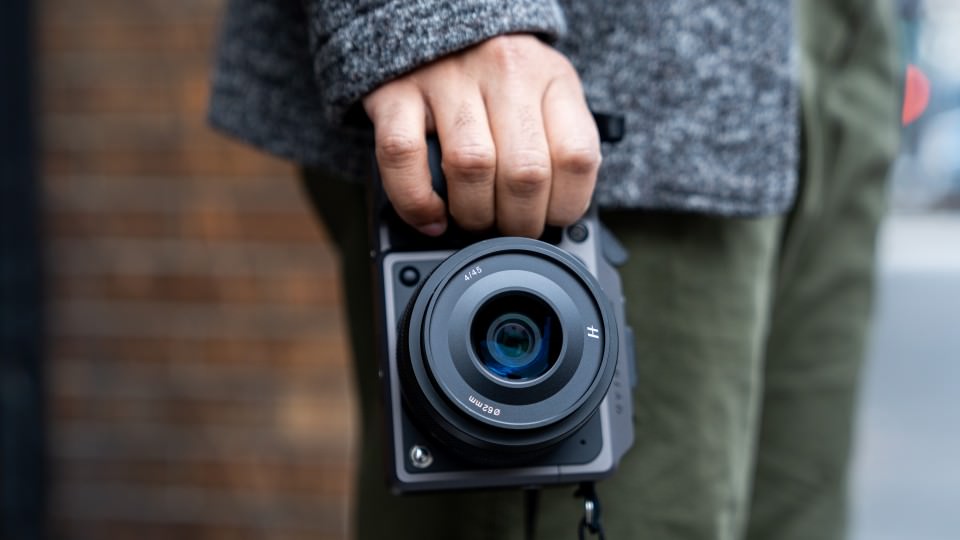
We can find out how much light can enter your camera from the aperture value. It is indicated by the letter f and corresponding numbers known as an f-stop.
As usual, pro photographers choose wide camera lenses with f/1.4, f/1.8, or f/2 apertures. They allow you to take great photos in any lighting conditions. However, these lenses are expensive.
If you are a beginner, I recommend buying f/4, or f/5.6 lenses. For example, the Hasselblad XCD 45mm f/4 P is a good option for novice photographers. Their price is more affordable and they are great for honing your shooting skills. But such glass is inferior to more expensive models in terms of depth of field and they are also less fast.

Almost all modern lenses come with an autofocus option. Many of them allow you to switch between manual and auto modes. With most lenses for Hasselblad cameras on this list, you can choose between focus options.
Hasselblad is a top brand offering high-end products. They pay attention to both the quality of the materials used for production and the optics. To create lenses, the manufacturer uses innovative technologies. As a result, the quality of pictures taken with this technique is several times higher than those photographed with lenses with the same parameters but produced by other companies.
All Hasselblad lenses are manufactured in Gothenburg, Sweden. The company was founded in this city in 1841. A century later (in 1941), they began to produce cameras and lenses. These days, the factory is making the H-series cameras and the X1D mirrorless models.
Overall, Hasselblad XCD lenses outperform their Zeiss competitors. Their price is more affordable and the picture quality is higher. If we talk about portability, then Zeiss lenses are ahead of Hasselblad counterparts.
One such feature is the Central Lens Shutter (CLS), which allows for high-speed flash sync and precise exposure control. Moreover, many Hasselblad lenses offer integrated electronic communication, enabling seamless integration with the camera body for accurate metadata recording and advanced lens corrections. Finally, Hasselblad lenses often utilize advanced optical designs and coatings to minimize lens flare, chromatic aberrations, and distortion, ensuring exceptional image quality.
Hasselblad lenses are well-suited for a wide range of photography genres due to their exceptional image quality and versatility. They excel in landscape photography, capturing intricate details and producing vibrant colors. Additionally, their precise optical performance and ability to capture fine nuances make them ideal for studio and portrait photography, where every detail matters. Hasselblad lenses are often favored by fashion photographers for their ability to render subjects with exceptional clarity and depth.